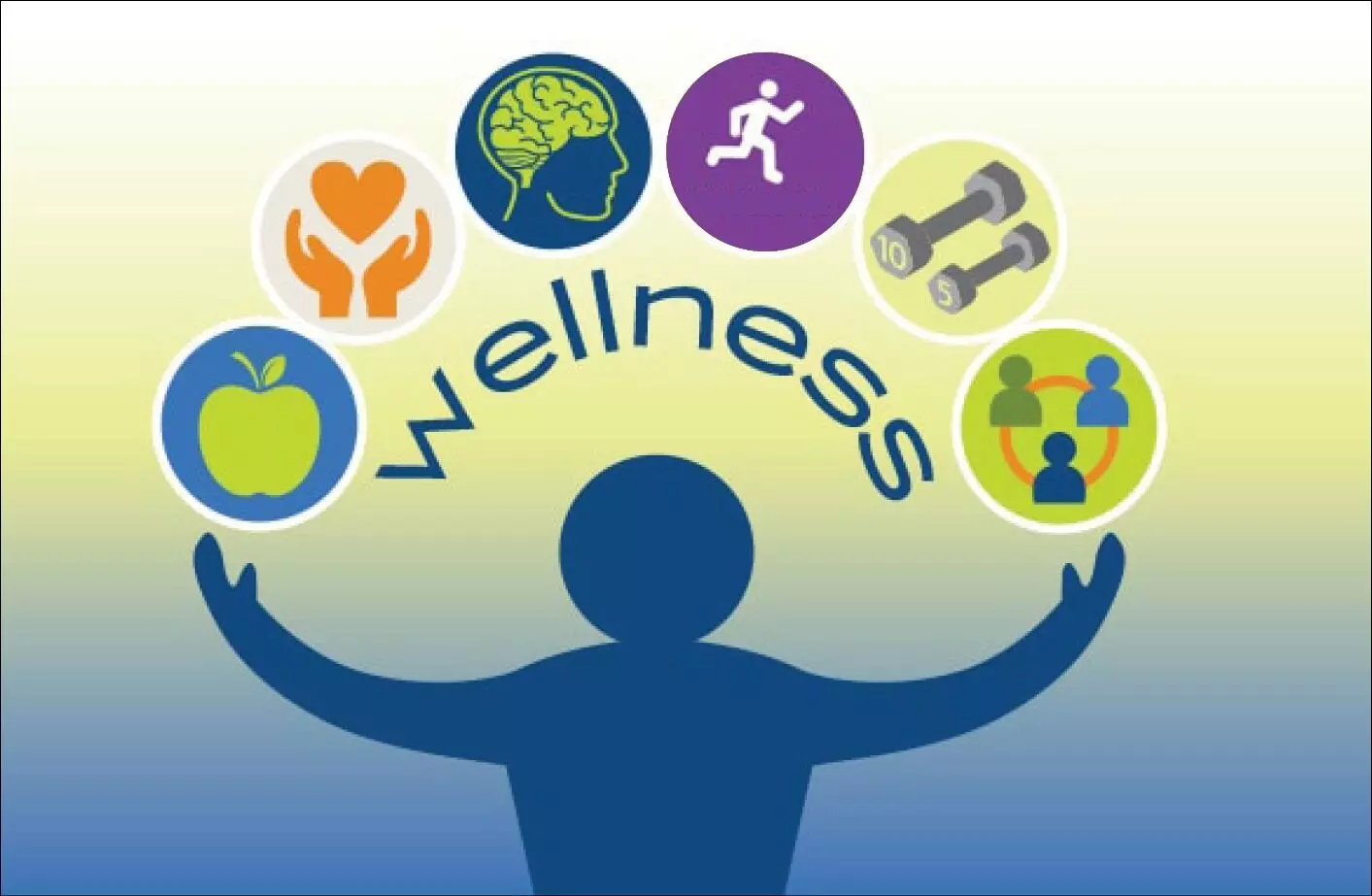Mind, body, and business
India’s wellness industry is on the upswing; but some checks can be put in place

There is a wellness solution to every problem and today, it’s at the click of a button. Hair loss - check! Lose weight - check! Sleep issues - check! Skincare - check! There is no lifestyle or health-related anomaly that doesn’t have a fix at hand. India’s wellness industry is more than alive; it’s thriving. From better gut health to glowing skin, from PCOS cures to tackling anxiety and insomnia — what can’t our wellness brands resolve?
Recently, fed up and worried by my sudden hair loss, I contacted a haircare startup. Promptly a ‘hair expert’ set up a phone appointment and called me up. I was unimpressed to say the least. For matters of the skin, hair, mental wellness — any health-related problem for that matter — I would expect to connect with a doctor or at least a medically-certified professional. This gent was neither. When I asked what his qualifications were that allowed him to prescribe products that contain chemicals such as Minoxidil, he said he had some certification but couldn’t remember the name. The same company contacted me a second time, this time their ‘hair expert’ conceded that they had no certification. For the uninformed, chemicals such as Minoxidil are widely used to stem hair loss but also have many side-effects. Morally and ethically it would be important to inform customers of various side-effects before making them use the products. But revenues trump business ethics here.
By the way, this particular company’s digital marketing game is super strong and remarketing ensures that we keep seeing their alluring advertisements full of promises. Interestingly, this startup’s founders have a well-marketed vodcast to dispel hair care and healthcare myths. All well and good, but why pedal sales executives as medical experts? This, for me, is a slippery road. Most of us do care about our hair, skin, etc. So, when it comes to wellness, while they seldom cause medical emergencies, you’d still want a well-informed, trained person with a medical degree to be imparting advice, and not a bloke who has sales leads to generate.
India’s wellness industry is witnessing an enthusiastic surge. The global wellness market is valued at USD 5 trillion, of which India hopes to contribute 3-4 per cent by 2025 from its earlier miniscule presence of 0.25 per cent. The new Indian is eager to take care of themselves, especially post-pandemic. As per news reports, an average Indian is currently spending Rs 4,000 a month on wellness and fitness. There is increased aspiration, the inexorable influence of social media, and the ease of access to products and services enabled by the digital economy.
There are remarkable ‘Made in India’ products coming up from different parts of the country, including from tier 2 cities. And while skincare, nutrition and supplement companies have rarely asked customers to seek advice from their ‘in-house experts’, some of the new-age wellness brands have cracked the code on ensuring sustained sales that work almost like subscriptions. Imparting awareness of various health issues, busting myths, conducting webinars, disseminating informative newsletters and regular podcasts/vodcasts — are excellent marketing tactics. It keeps the consumer interested while giving the brands the scope of ensuring repeat/loyal customers.
Now, here’s where I put my foot down. Using the hook of having an ‘expert’ (who is not a medically certified professional) pretending to handhold you on your journey is almost deceptive. Perhaps, wellness companies have also picked up a few tricks from diabetes monitoring/reversal healthtech companies that have a more personalised approach. Sadly, it’s blatantly clear that many wellness brands who are adopting this approach have revenues rather than the customer’s actual wellness in mind.
At the cost of being cautionary (but not an alarmist), I would say that wellness companies need to be extremely mindful of their products, possible side-effects, and staff who interface with customers. Remember how recently finfluencers were hauled up for giving out financial advice? They didn’t have the requisite licences in place to be meting out stock market and investment tips and are now, correctly, banned from doing so. The wellness industry dabbles in something which is far more serious than money — our health. Surely, that deserves more attention.
The writer is an author and media entrepreneur. Views expressed are personal




